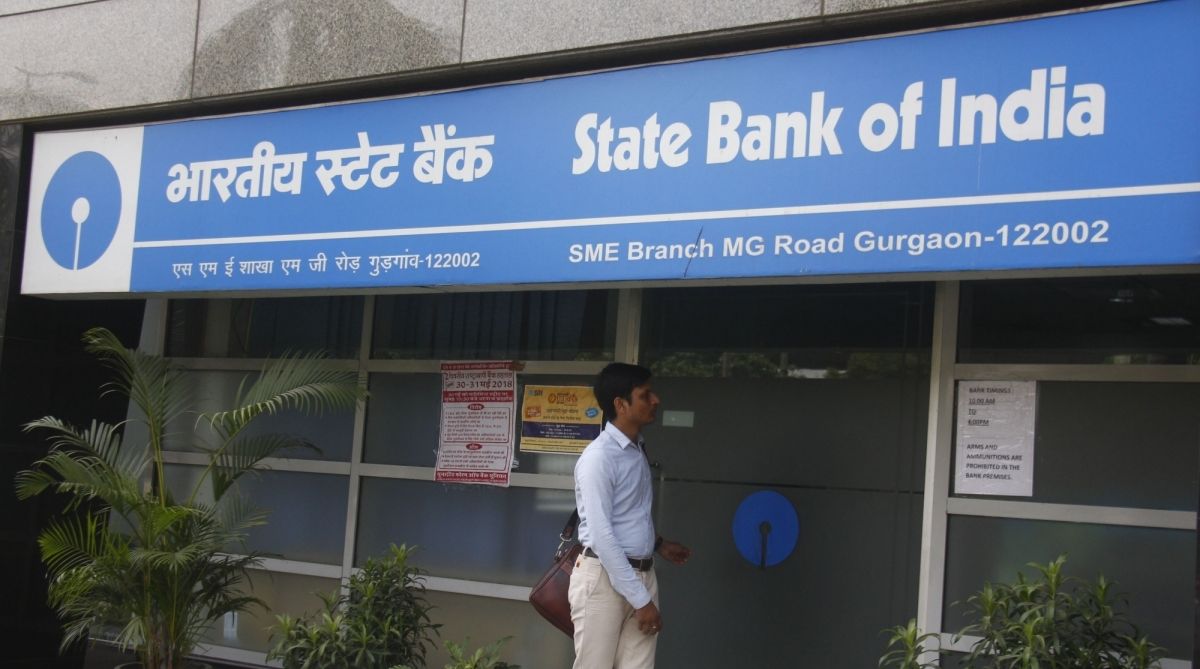Middle-class woes
The Indian middle class, often hailed as the backbone of the nation’s economy, is at a critical juncture.
In the event, the singular achievement is the five-day break ~ or nearly so ~ in the season of jollity. It beggars belief that for all the proud boasts of growth and development, the country has to make do without banking for close to a week. That very thought would be anathema in any civilised society.

(Representational Image: IANS)
It is the soul of irresponsibility. This is quite the most charitable construct that can be placed upon the two successive strikes called by bank employees to buttress their demand for higher pay (with immediate effect) and to protest against the move to merge three public sector banks ~ Bank of Baroda, Vijaya Bank and Dena Bank.
In the event, the singular achievement is the five-day break ~ or nearly so ~ in the season of jollity. It beggars belief that for all the proud boasts of growth and development, the country has to make do without banking for close to a week. That very thought would be anathema in any civilised society.
Advertisement
The first strike was observed on Friday, December 21, followed by the fourth Saturday on the 22nd, a Sunday on 23rd, Christmas on Tuesday, and yet another strike on the 26th. Hoi-polloi will not be particularly thankful for small mercies; the only working day for the reluctant banker is the 24th, when casual leave applications will almost certainly pile up with the applicants thoroughly impervious to the unmanageably overcrowded counters. Altogether, it is a carefully calibrated leave roster; the banking sector seems determined to ensure that services are kept in suspended animation for as long as the average employee wishes.
Advertisement
Work ethics be damned. Such careful calibration at the workplace would have improved operations considerably. Of course, online transactions and digital payments are alternatives; equally these are inaccessible to many in a predominantly rural country. And if past experience is any indication, it is only a question of time before the ATMs run out of currency. It recalls the piffle of digital currency in the wake of demonetisation.
To put it bluntly, the stress on the post-modern, self-operated praxis is a facile defence of overwhelming sloth and a chronically sluggish attitude to work, admittedly marginally better than what the India Post banks care to offer. Both the managements and unions have scarcely realised the difficulty of making ends meet if banks are closed for several days at a stretch towards the end of the month. It is hard to escape the conclusion that with the shutters down, it is the people who have been hit the hardest… not the managements. Irresponsible trade union activity has quite totally crippled an essential service. Closure of banks is hardly the method to buttress demands.
Aside from individual inconvenience, the prolonged disruption is bound to impede trade and the economy in the wider canvas. Banks are expected to facilitate economic growth, not hinder commercial activity. It is imperative for both the managements and the unions to sign an agreement on one of the basics ~ strikes must never be prefixed or suffixed by public holidays. This is the lesson to be drawn from the current bout of monetary nonsense.
Advertisement